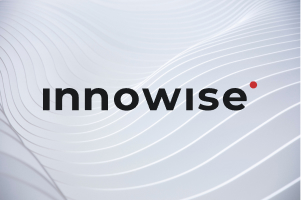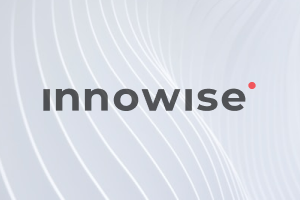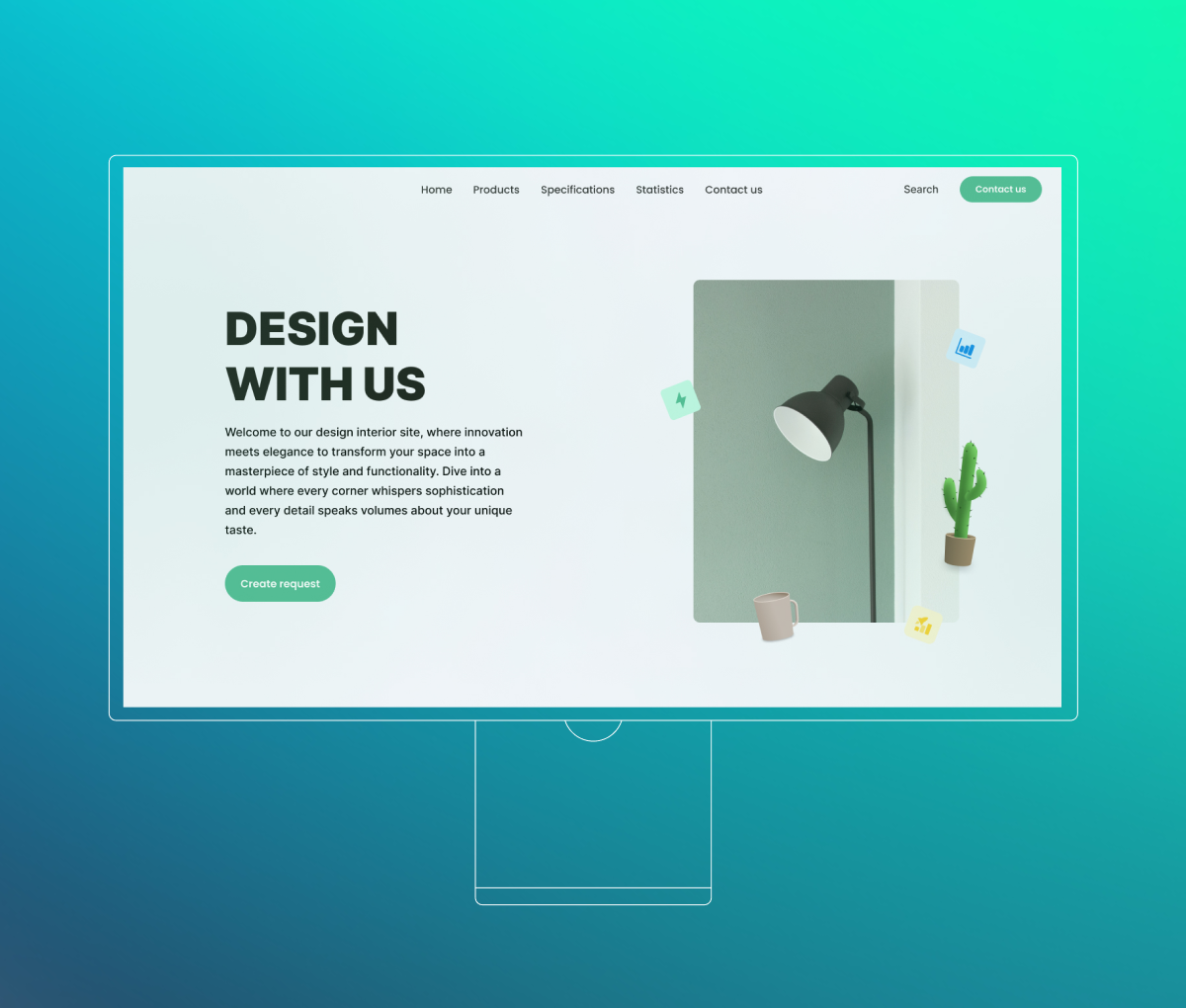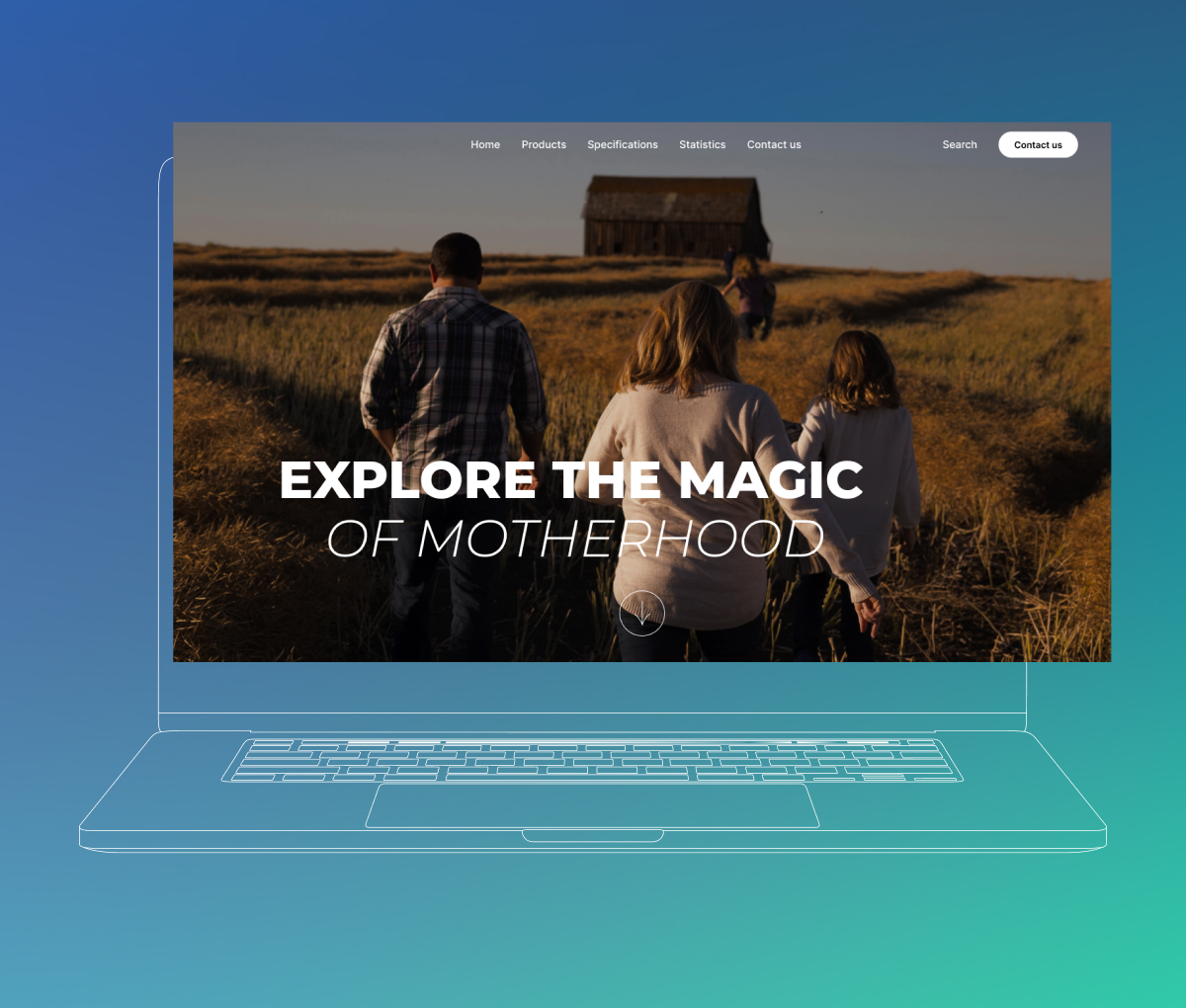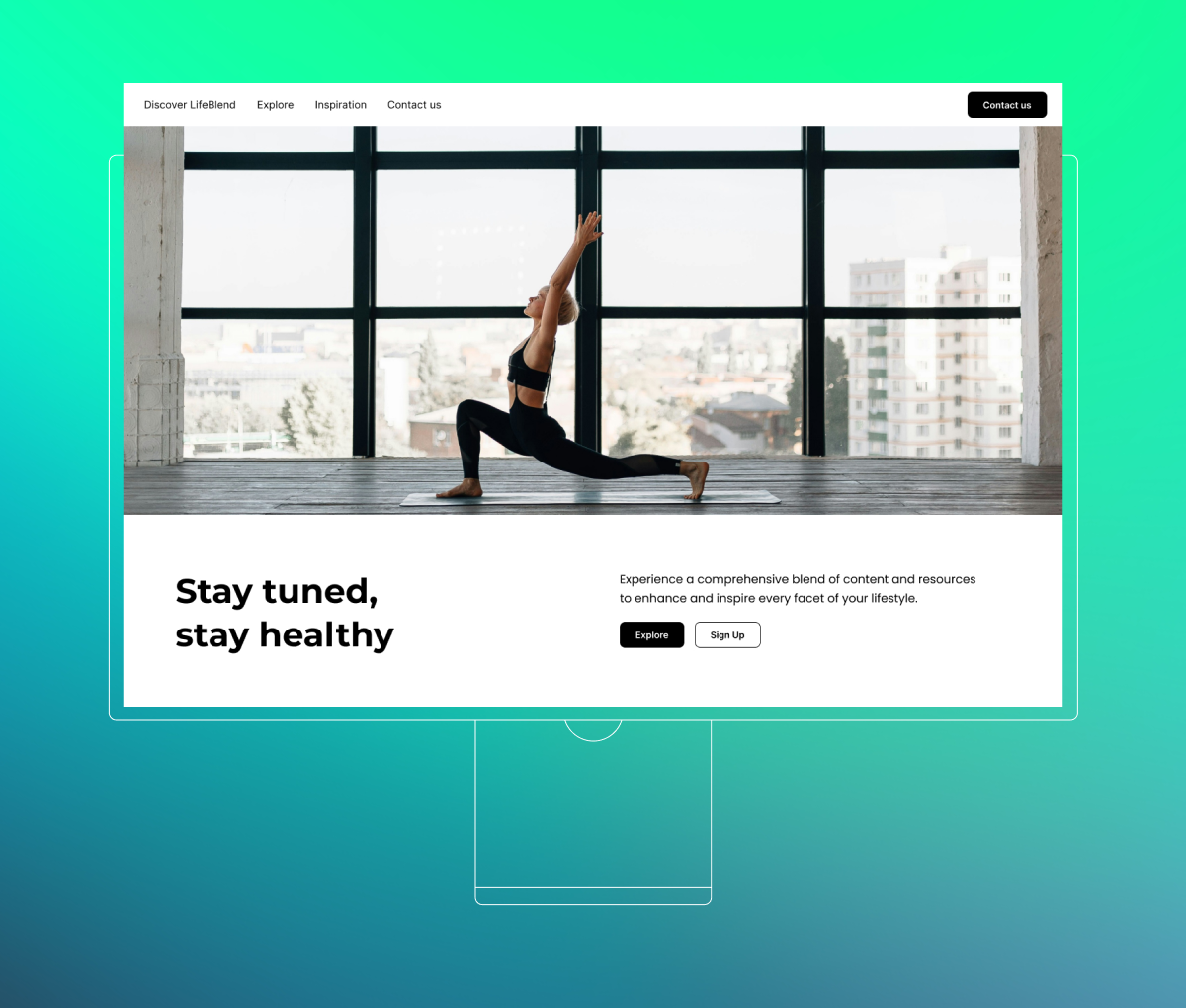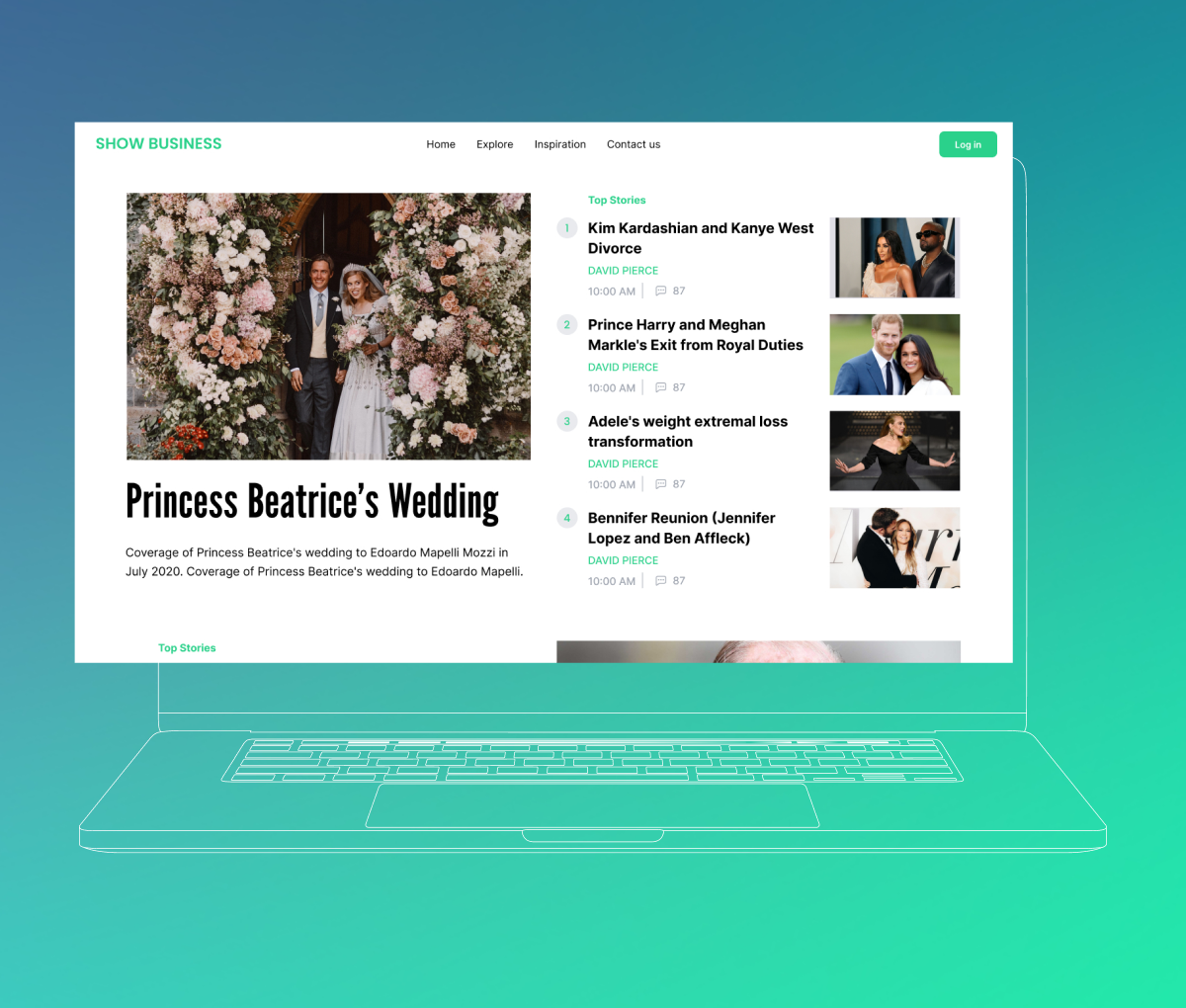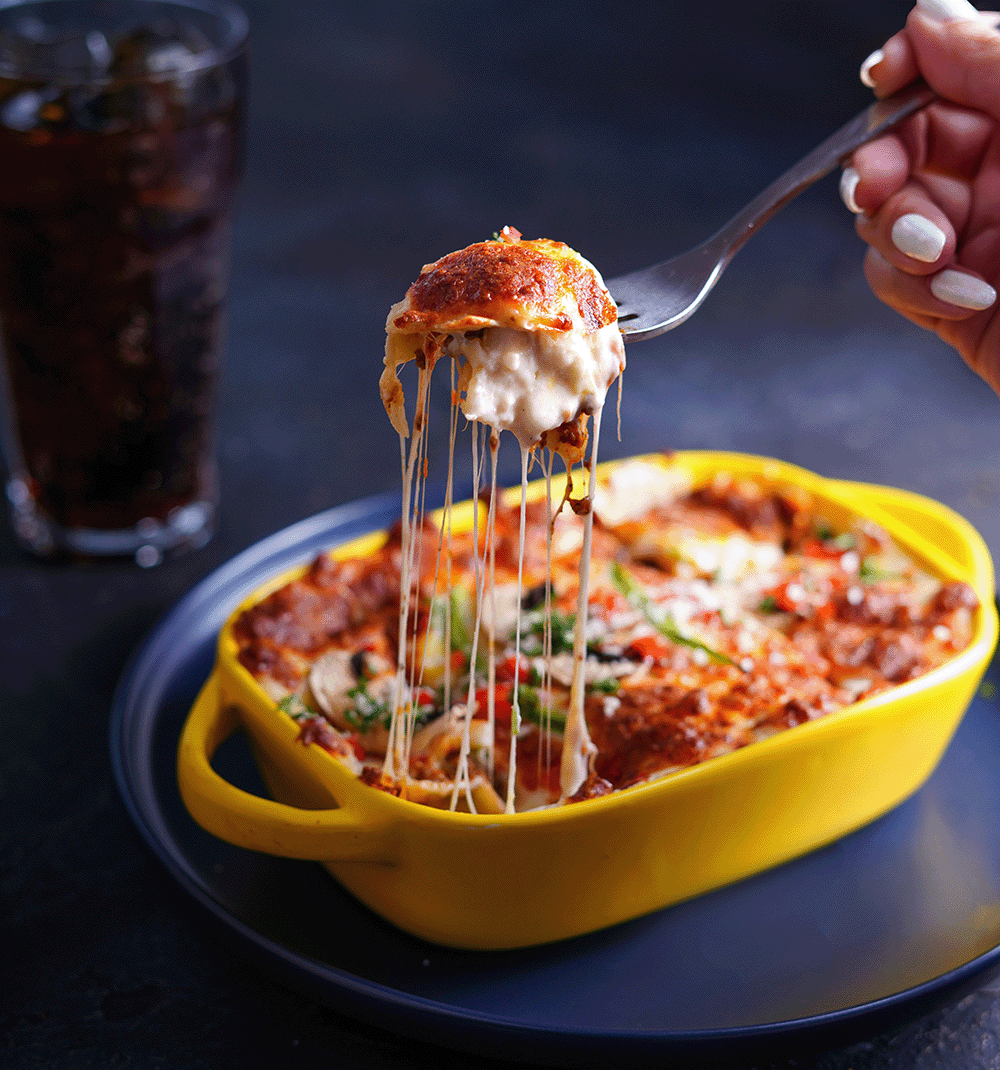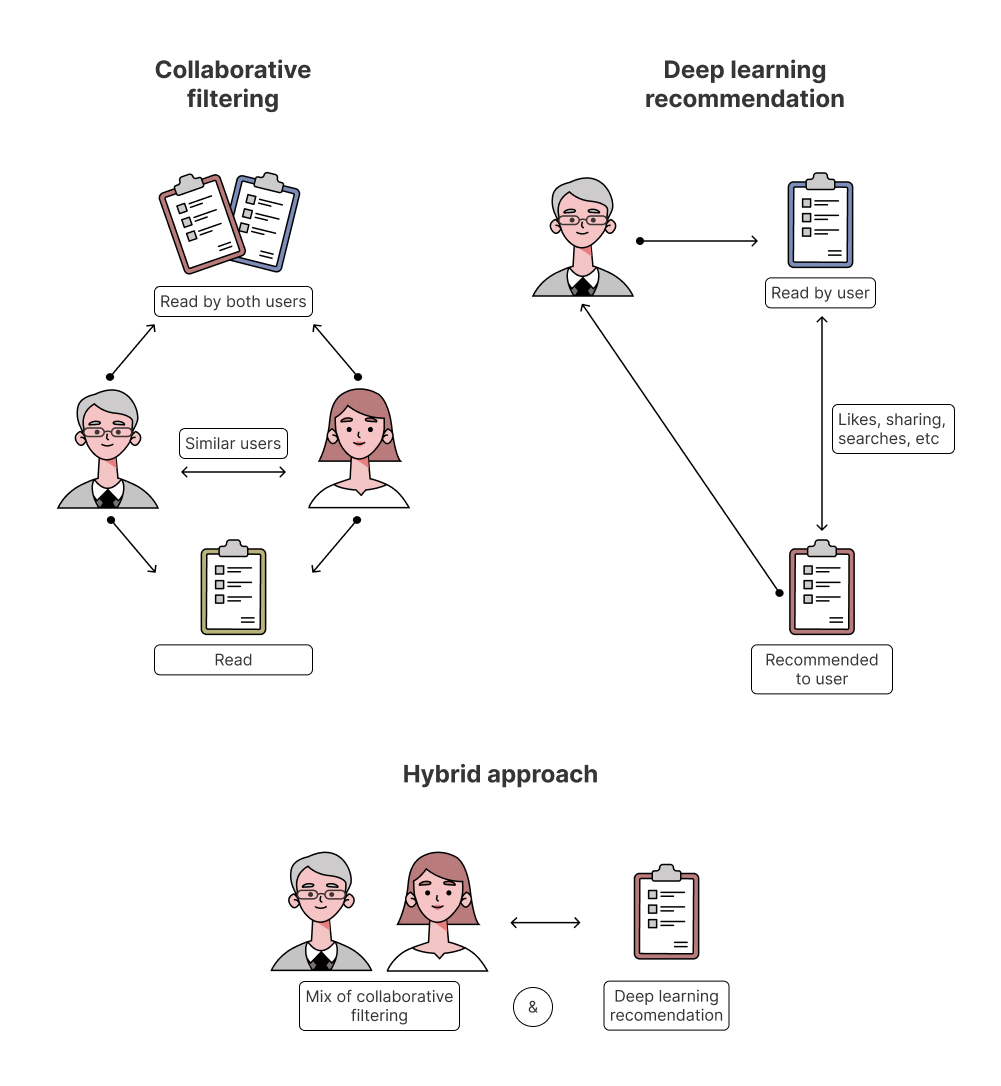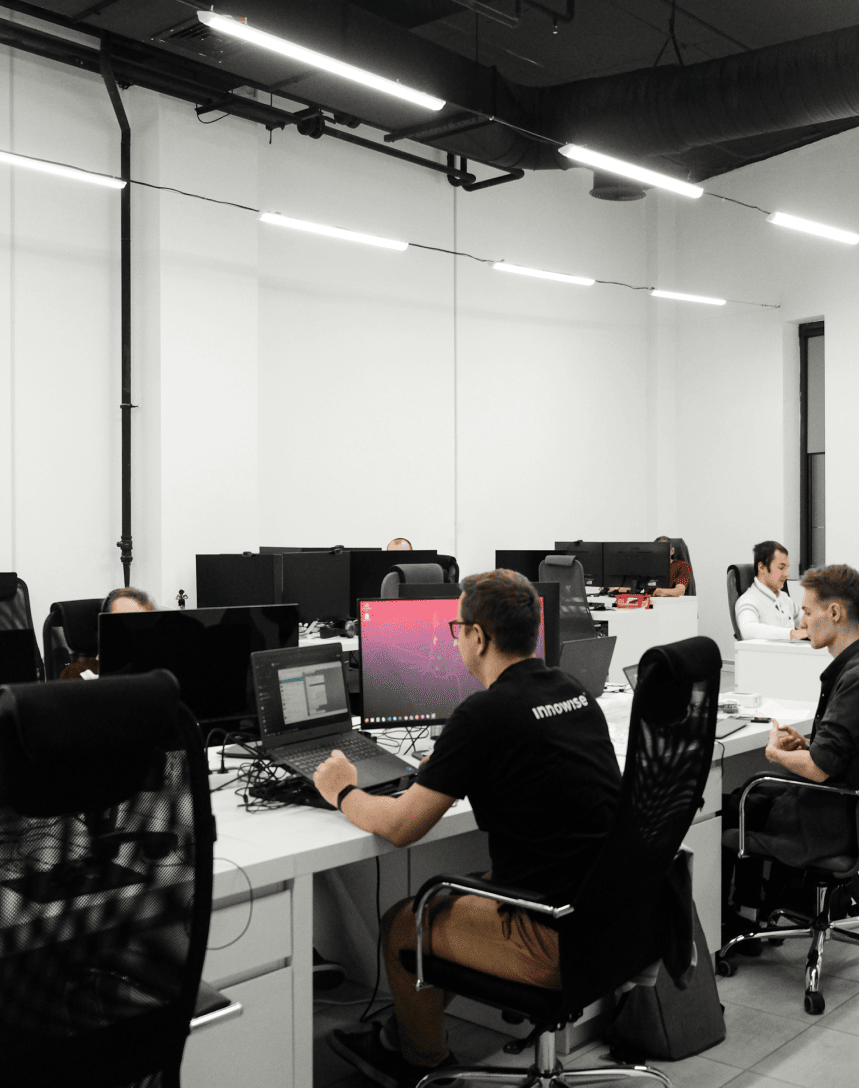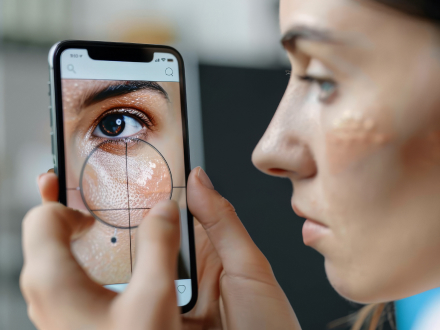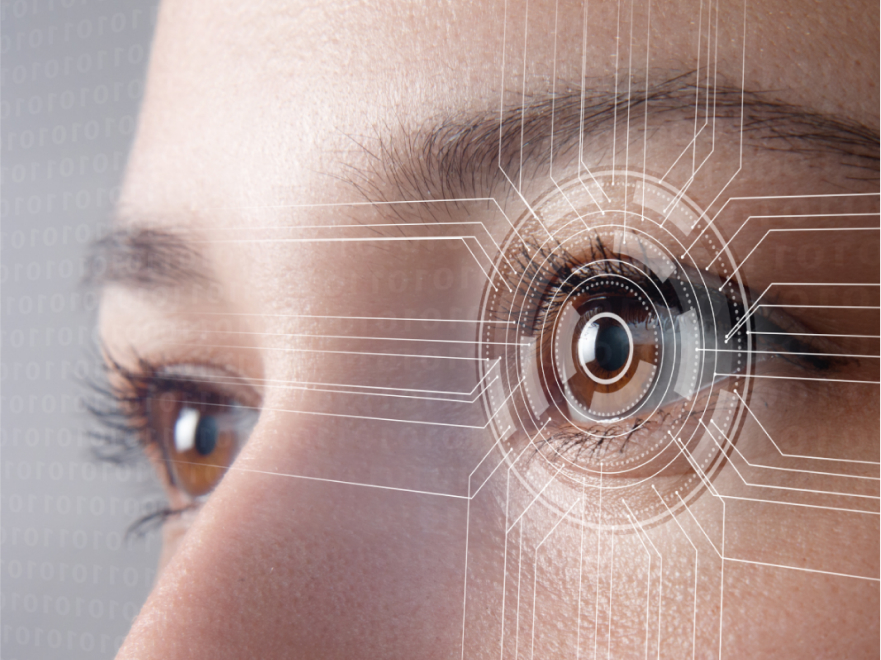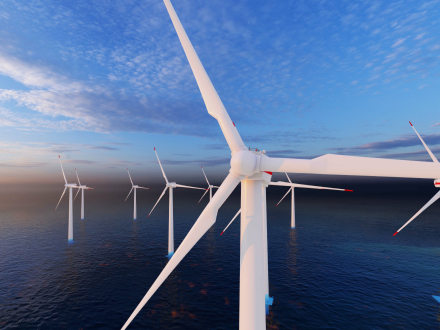Since professional photography incurs costly expenses, including skilled photographers, experienced stylists, props, equipment, and studio setups, Innowise suggested developing a novel solution to eliminate the need for manual labor.
Our project team selected StableDiffusionXLand GPT-3.5 to generate high-quality images from text prompts. Initially, we collected parent photos for reference and used LoRA (low-rank adaptation of large language models) to generate realistic pictures. Next, we created a user-friendly text-to-image interface to interact with the model.
AI uses LLM & NLP techniques to understand the text prompt, grasping the request’s content, context, and subtleties. Then, it interprets the features described in the text, such as objects, colors, textures, and spatial relationships, to create real-life pictures based on correlations among textual descriptions and visual elements. If the final output does not meet anticipated expectations, we continuously refine the AI model based on feedback and performance to achieve satisfactory results.
We attained the following results once our ML specialists fine-tuned the image generation workflow based on the prompts.
Example 1: “Steak with garnish, top-down, natural light, on a smooth plate, simple and elegant, captured like a photo taken with a Canon EOS R and 50mm lens in a completely white background with soft shadow, 8k resolution, true texture and detailed photo, high angle.”
Example 2: “Macro photography close-up of mouthwatering lasagna, with layers of perfectly cooked noodles, savory ground beef, and a blend of three gooey, melted cheeses. Add a homemade tomato, meat sauce, and a creamy mixture of ricotta, mozzarella, and Parmesan. Make the sauce using tomato paste, water, sugar, basil leaves, fennel seeds, Italian seasoning, salt, pepper, and fresh parsley. Use a Canon EOS 5D Mark IV and a Canon EF 100mm f/ 2. 8L Macro IS USM lens to capture this indulgent Italian dish’s intricate layers and vibrant colors. Illuminate the scene with warm, soft lighting to accentuate the comforting nature of the dish.”
